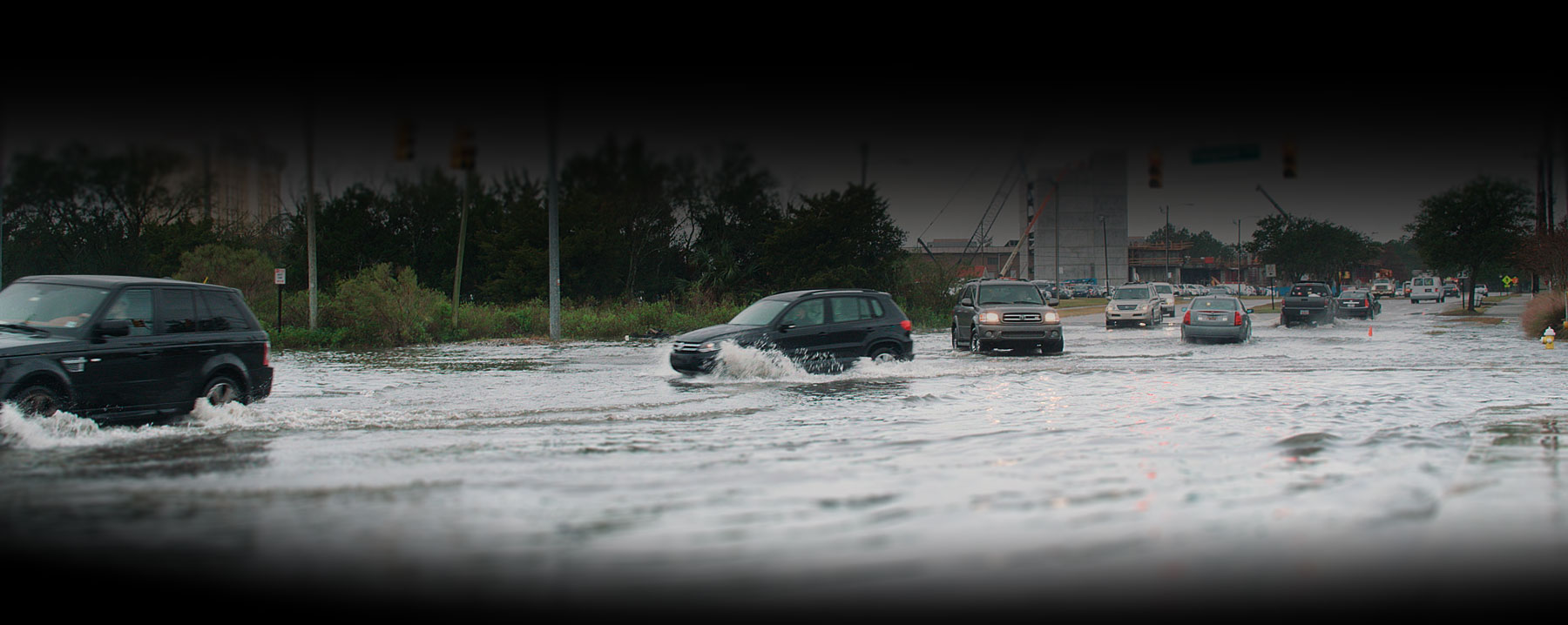You missed some of the key words in what I had written, in jumping to your disagreement. Yes, of course everyone in a coastal state is affected by rain, and folks on TV continue to argue whether or not it's actually increasing, or related to climate change.I'm not sure I agree that the high-population density areas don't feel the consequences of climate change. In fact, it is the coastal parts of the country that are generally most densely populated, and they suffer most from the (rain of) hurricanes.
But the reality is that the degree or level of impact on those in the densely-populated northeast, even mid-Atlantic, is not so nearly severe as those living in areas seeing far more acute effects of drought, wildfires, and other effects much more easily and directly linked to climate change. This could be said about the majority of our population, outside of a few select states or regions. This was being offered as a partial answer to begreen's musing about how we got this ship onto this (perhaps) un-avoidable collision course.
But we agree on the end result. Until people see financial impact, or benefit to change course, we will stay on the present one. Hey, a beached cruise ship is still a cruise ship.









![[Hearth.com] How to fight climate change... for reals. [Hearth.com] How to fight climate change... for reals.](https://www.hearth.com/talk/data/attachments/297/297732-5c82c1d686d44c912d9ffd36326db62a.jpg?hash=MjdZh6ESQY)

![[Hearth.com] How to fight climate change... for reals. [Hearth.com] How to fight climate change... for reals.](/talk/proxy.php?image=https%3A%2F%2Ftidesandcurrents.noaa.gov%2Fsltrends%2Fplots%2F8518750_meantrend.png&hash=7ba45519c67dcf7b038c34f918c2b145)
![[Hearth.com] How to fight climate change... for reals. [Hearth.com] How to fight climate change... for reals.](/talk/proxy.php?image=https%3A%2F%2Ftidesandcurrents.noaa.gov%2Fsltrends%2Fplots%2F8518750_50yr.png&hash=4851d5990555ab04df94dafad3e09bbf)
 I’ll keep on keeping on but it would be nice to see the the renewable powered light at the end of the tunnel.
I’ll keep on keeping on but it would be nice to see the the renewable powered light at the end of the tunnel.